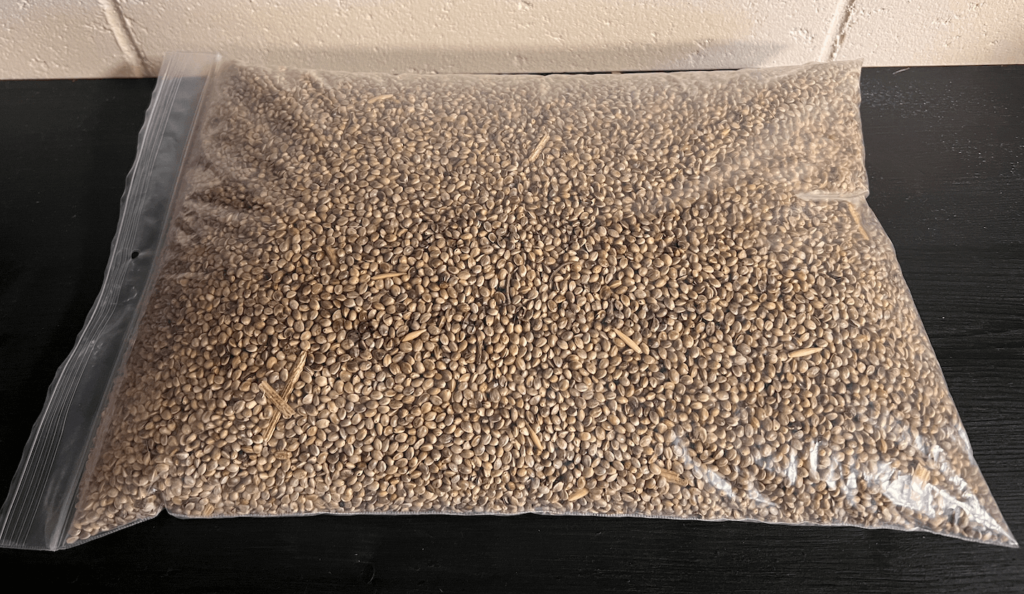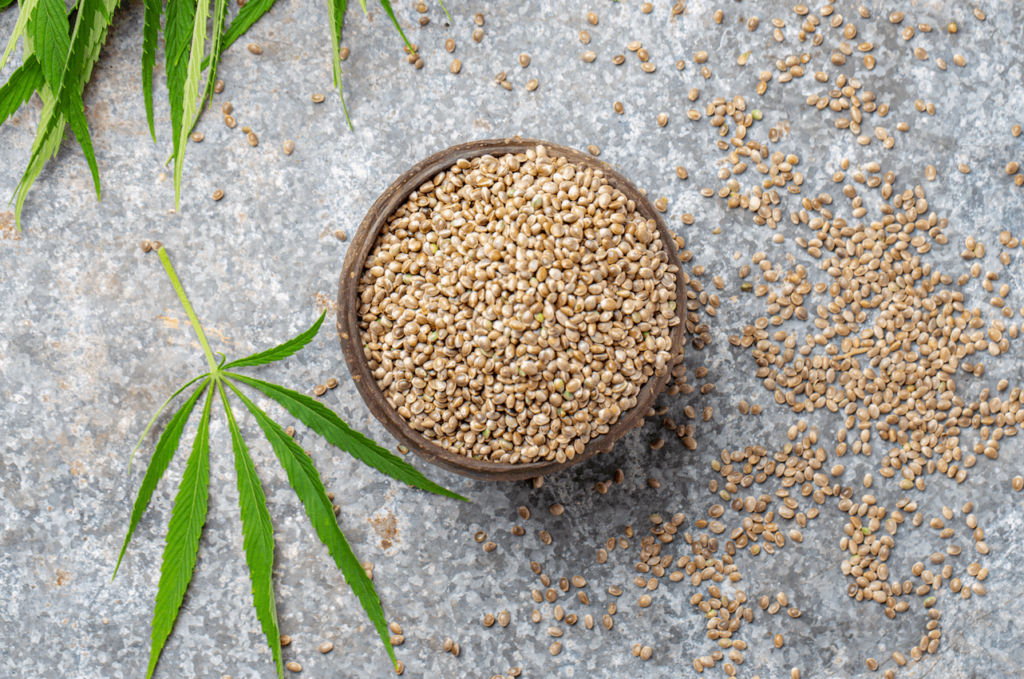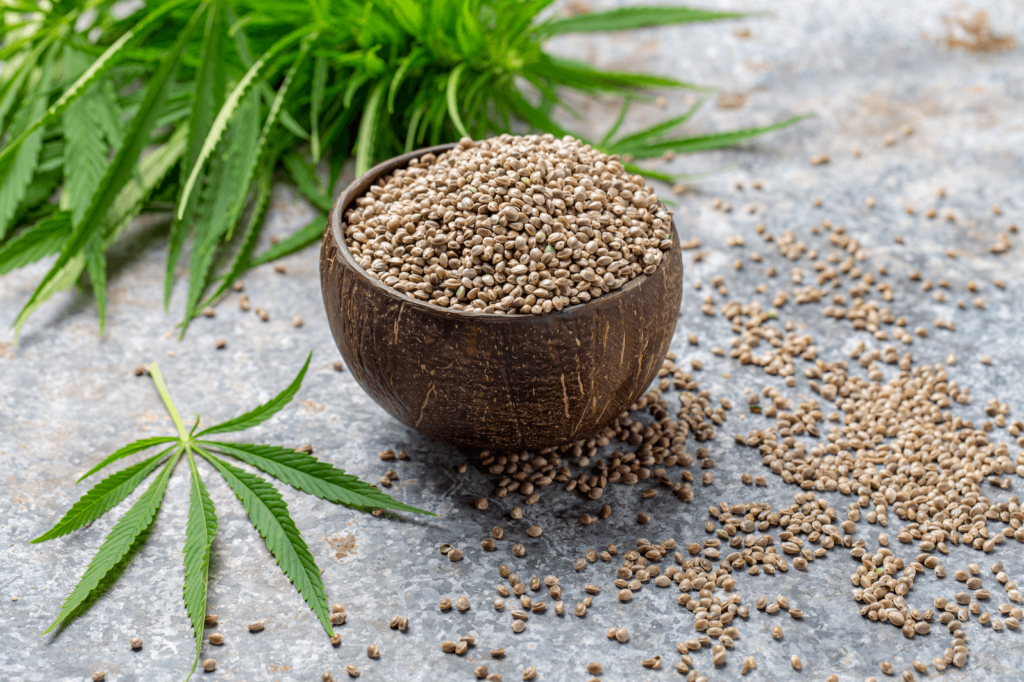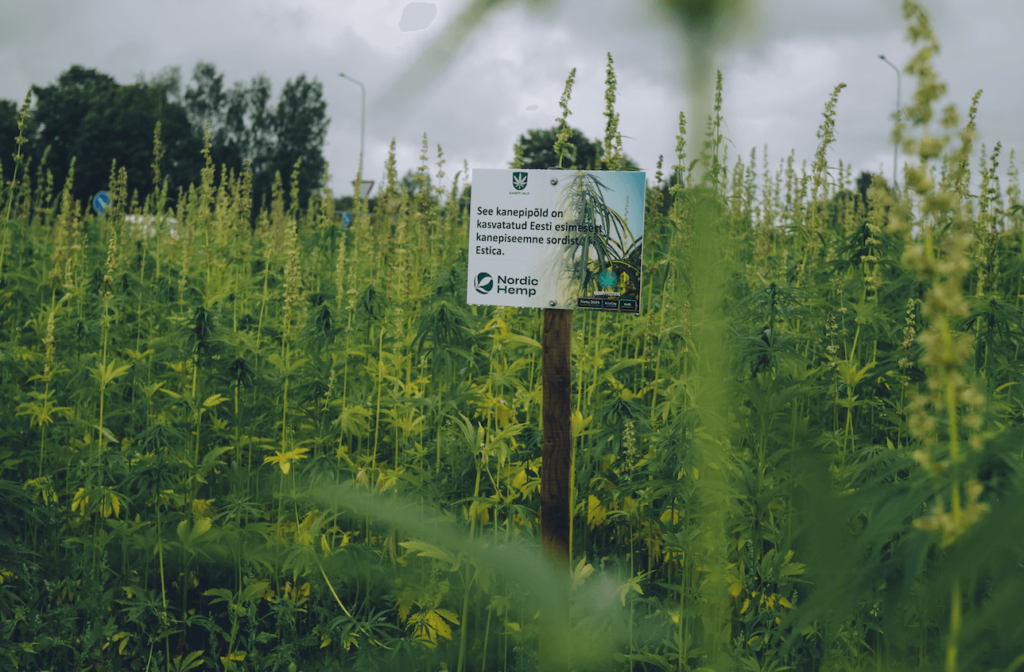Hemp seeds 98% vs 99,9% purity
In the world of hemp seeds, the concept of purity holds a crucial place. Whether you’re a hemp farmer, a processor, or an end-user, understanding the nuances of purity is crucial. In this article, we delve into the importance of hemp seeds purity, exploring the differences between 98% and 99.9% purity levels and which one might be more suitable for your needs.
Why Purity Matters
Before diving into the comparison between 98% and 99.9% purity, lets first understand why purity matters in the context of hemp seeds. Purity refers to the percentage of hemp seeds in a batch that is free from contaminants, including other plant matter, dust, debris, and unwanted seeds. The higher the purity level, the more desirable the hemp seeds are for various applications.
Purity plays a significant role in determining the overall quality of hemp-based products. Whether you’re looking to produce hemp oil, hemp protein, or simply want to consume hemp seeds for their nutritional value, pure hemp seeds are essential. High-purity hemp seeds ensure that your final product is free from impurities, providing a clean and consistent experience for both producers and consumers.
98% Purity: The Basics

A batch of hemp seeds with 98% purity means that 98% of the seeds in that batch are pure, while the remaining 2% may contain some contaminants or impurities. This level of purity is suitable for many applications, depending on your specific needs.
98% purity is considered high enough for most food and supplement products. If you plan to consume hemp seeds directly or use them to make products like hemp oil, 98% purity should suffice. The small percentage of impurities is generally negligible in these cases, and the seeds are still of high quality.
However, when it comes to more specialized processes like de-hulling, 98% purity might require additional steps to remove any remaining impurities. This of course means additional optical cleaning which requires additional funds and there’s a loss % of the seeds. Also to take out the empty shells, the seeds go on to the gravity table. As you already understand, this means a price difference making the 99,9% seeds more expensive. Since the 98% purity seeds are only processed via sieve sorters, there’s a significant amount of empty shells in the product.
99.9% Purity: The Premium Option

A batch of hemp seeds with 99.9% purity, on the other hand, is considered a premium product. This level of purity offers distinct advantages for various applications.
One of the key benefits of 99.9% purity is that it is ready for further processing immediately. If your goal is to de-hull the seeds, put it into private label packages for end consumers, or something completely different, this is the best option. This can save you time and resources in your further processing.
Additionally, 99.9% purity is crucial for certain industries where purity standards are exceptionally high. Using seeds with such high purity ensures that the final product meets the quality requirements and regulations.
Comparing 98% and 99.9% Purity
To determine which purity level is better, it ultimately depends on your specific needs and the intended use of the hemp seeds. Here’s a breakdown of the factors to consider when choosing between 98% and 99.9% purity:
- Application: 98% purity is often sufficient. It offers good quality while being more cost-effective. However, if you’re in an industry that demands the highest purity standards or requires minimal processing, 99.9% purity is the superior choice.
- Processing Efficiency: 99.9% purity seeds are ready for further processing immediately. This can lead to cost savings in terms of processing time and labor. On the other hand, 98% purity seeds may require additional cleaning and preparation, increasing production costs.
- Cost Considerations: 98% purity seeds are generally more affordable than their 99.9% purity counterparts. Consider your budget and production goals when making a decision.
- End-Product Quality: If you prioritize the highest quality end-products, especially in applications where the purity of hemp seeds directly impacts the final outcome, then 99.9% purity is the superior choice for ensuring the best possible results.
Summary
In the world of hemp seeds, purity is a crucial factor that can make or break the quality of your products. Understanding the differences between 98% and 99.9% purity levels is essential for making informed decisions about the hemp seeds you choose for your specific needs.
While 98% purity is suitable for many applications and offers a cost-effective option, 99.9% purity stands out as the premium choice. It is ready for immediate processing, meets high regulatory standards, and ensures the highest quality end-products. Ultimately, the choice between the two purity levels depends on your goals, industry requirements, and budget constraints. By selecting the right purity level, you can optimize your hemp seed-related processes and enhance your overall product quality.






